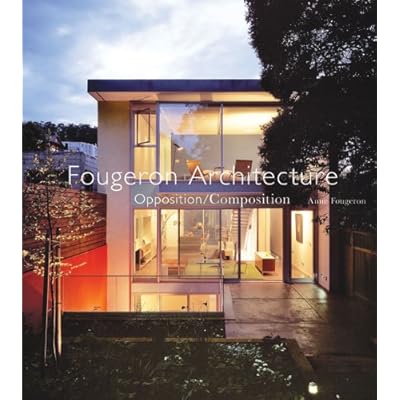Since I began my career in architecture, I have faced sexism. I’ve been ignored in meetings and belittled. I’ve had contractors not take my word and watched jury after jury of all male panelists. The behaviors bothered me. I never tolerated them but I was also just one architect.
As my career has grown, I have grown more and more tired of the same trite sexist structures I see in architecture. Audiences of only white men, award ceremonies where not a single woman is nominated. Other than Zaha Hadid, most can’t name a contemporary female architect.
A portion of this is our own invisibility. While more than 50% of architecture students are female, only about 18% are practicing in some form. The lack of spotlight on females in architecture and our own shrinking or narrowing are clearly an issue.
I like to discuss how being a woman and being an architect are—at times—set up as diametrically opposed. How does how we perceive women (or how women are told to act) impact their potential careers as architects? How do existing patriarchal structures undermine women interested in engineering or more math-driven work? How can we work within a community and without a community to begin implementing solutions?
Earlier this week, I spoke at an AIA event in Dallas, Texas. I discussed sexism in architecture and the lack of diversity in the most celebrated architects and work of architecture. I was humbled by the amount of people who came up to me after the event or who sent emails and thanked me for addressing inequality in.
However, every one was not so happy. One man wrote a response to me citing that I had completely ignored “gender strengths” as a confounding factor.
“[Anne] conveniently ignored gender strengths such a show men are spatial thinkers whereas women are stronger visualizing color and sympathy. She also ignored how Architecture is a strong draw for introverted types – much more prone to men; whereas, women are much stronger with client and people relationships.”
What our (white male) writer fails to recognize is how these characteristics of gender are completely based on stereotypes. Are men truly more introverted or is it that males are conditioned to not share their emotions? Are women better with relationships inherently or is it because the idea of mothering and tending to emotions is impressed upon females from a very young age?
Discussing this kind of inherent sexism is similar to discussing white privilege, micro-aggressions or other biases and how they reflect in various industries. It’s about looking at current societal constructs and hierarchies–it’s about recognizing the imbalance and making efforts to rectify them.






